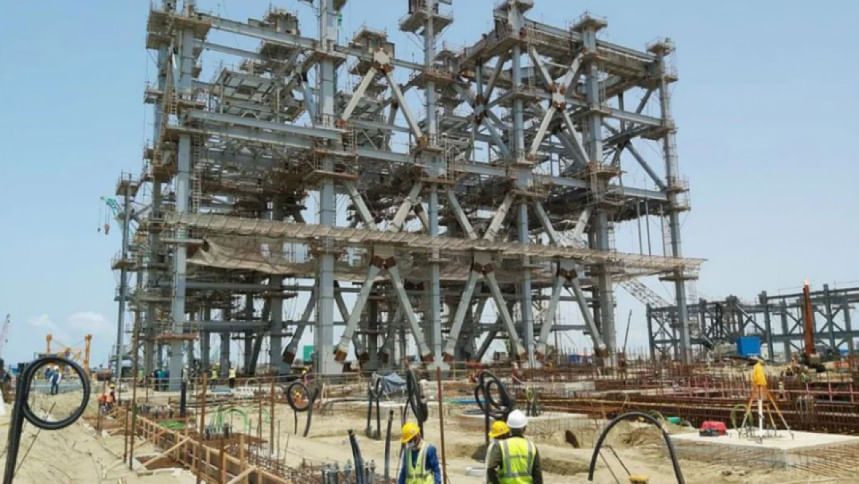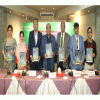"Bangladesh didn't promise Net Zero Emissions by 2050"

Towfiq-e-Elahi Chowdhury, energy advisor to the prime minister, today stood in favour of power generation using coal and said Bangladesh did not make any promise regarding Net Zero Emissions by 2050.
Bangladesh is a very low carbon emission country and that is why the promise of Net Zero Emissions by 2050 will not be applicable for Bangladesh, the PM's energy advisor said.
"We didn't make such a promise anywhere, it's not our goal. It's for the developed countries," he said at the second stakeholders' meeting on Integrated Energy and Power Master Plan (IEPMP) at a hotel in the capital.
Referring to the present scenario of the high global energy price amid a war-time situation, Towfiq-e-Elahi said even the European Union is trying to reopen coal-fired power plants.
"When the Europe is going back to the coal-fired power plants and investing millions of dollars, how could you [Japan] take the decision to not finance the Matarbari [coal-based power plant] phase two?" he asked.
Japan International Cooperation Agency (JICA) and The Institute of Energy Economics of Japan is providing the technical support to Bangladesh for preparing the master plan toward 2050.
At the meeting, JICA made a presentation on three different scenarios of the upcoming planning: reference scenario, advanced technology scenario and net zero scenario.
"It is a balanced approach addressing environment and social considerations with focus on climate action enabling international cooperation toward advancing tech acceleration and carbon neutrality," JICA said in the presentation.
Joining as the chief guest at the event, Towfiq-e-Elahi Chowdhury said that Bangladesh promised to have 40 percent of the country's energy from clean sources by 2041, not from the renewable sources.
"Nuclear energy is a significant part of the clean energy future. There is far less carbon emission from solar energy. Along with that, new technologies will be our priority," he added.
He requested JICA to drop the mentioned "Net Zero Scenario" assumption from the proposed master plan and "to give the prescriptions that suit the country."
"We hope, the developed countries, which are the main pollutants, will fulfill their promises," the PM's energy advisor said.
Japan announced the cancellation of funding for the project on June 22 following Japan's commitment at the G7 summit in June last year.
Japan's Ambassador to Bangladesh Ito Naoki said at the event that they decided it in consideration of the current international discussion on climate change or the coal-fired power, and as a result of the consultation between the governments.
Japan has been promoting energy conservation and decarbonisation technology, planning for energy efficiency, and has experience and achievements under the cooperation of the public and private sector, the Japanese envoy added.
The third stakeholders' meeting will take place in November this year, and the new integrated masterplan will be announced by April 2023, according to the progress report of JICA.

 For all latest news, follow The Daily Star's Google News channel.
For all latest news, follow The Daily Star's Google News channel. 









Comments